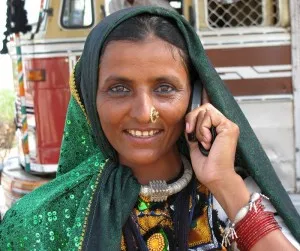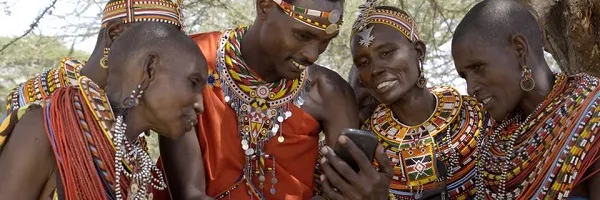How Facebook and WhatsApp will target the bottom of the pyramid through Internet.org

Before Mark Zuckerberg's address at the Mobile World Congress, the Facebook-led alliance Internet.org announced that it had tied up with Unilever to give India's rural population Internet access. Mobile phones are spreading like wildfire across the country but only 13 per cent of the population have Internet access in India. And it is in the interest of Unilever, Facebook and other companies involved with Internet.org – like Nokia, Samsung, Ericsson and Qualcomm – to change that. More Internet access in India obviously means millions of new users of social networks, messaging apps, and mobile devices.It was interesting in this context that Zuckerberg linked Facebook's $19 billion acquisition of WhatsApp with their plans for Internet.org. “Why were we excited to do this together? It was the Internet.org vision and how we can connect the world,” Zuckerberg said. It is through the tie-up that WhatsApp can have the infrastructure and resources to become accessible to people at the bottom of the pyramid – and that is something dear to the heart of Jan Koum, the Ukraine-born WhatsApp co-founder who once lived on food stamps after migrating to the USA.
Although details of how exactly Internet.org will connect with people in rural India are yet to unfold, a similar initiative is already being rolled out in Africa. Named SocialEDU, it aims to provide students in Rwanda with free access to online education. Facebook and Nokia – which also created a buzz at the Mobile World Congress with its Nokia X line of low-cost smartphones running on Android – have joined hands with the Rwandan government, Internet carrier Airtel, and MOOCs provider EdX for the initiative. Facebook will create an app for EdX, Nokia will make affordable smartphones available, the Rwandan government will provide financial support to buy the phones, and Airtel will give access to education data free of charge.

How WhatsApp fits into this scheme of things is not yet clear, but it's obvious that a messaging app can make online education more interactive and collaborative. Unilever too is reported to be working on a number of Internet.org projects for India, which will be deployed in the coming months. The business benefits from such initiatives for tech and consumer-facing companies can be huge. And if it comes with a social uplift, then it's a win-win. Better Internet access in the developing world could increase productivity by 25 per cent, and create 140 million new jobs, according to a recent study carried out by Deloitte.
More power to tech. What do you think? Let us know in the comments below about your thoughts on bridging the digital divide.







